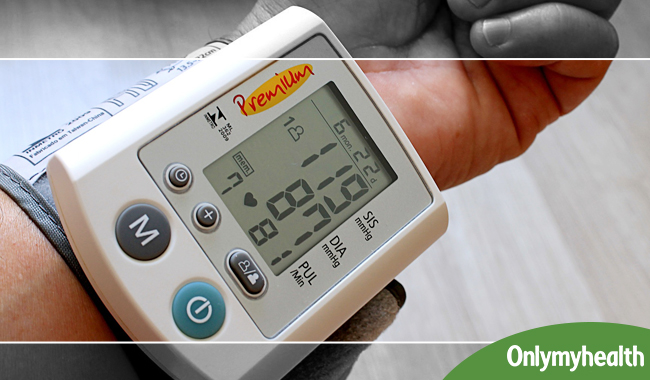
Hypertension is mostly a preventable problem and can easily be prevented with healthy diet, regular dynamic exercise, avoidance of smoking and excess alcohol consumption. On the occasion of World Hypertension today, Dr. Tilak Suvarna Interventional Cardiologist and Head of Cardiology, Asian Heart Institute talks about this increasingly important public health issue.
Table of Content:-
World Hypertension Day

Hypertension, the medical term for high blood pressure, means that your blood pressure is constantly higher than the recommended level which is 120/80 mm Hg. Worldwide prevalence estimates for hypertension may be a little more than 1 billion individuals, and approximately 7.1 million deaths per year are attributable to hypertension. No wonder that hypertension is called a “silent killer”, silent because it is not usually associated with any symptoms and in a good majority of people it gets incidentally detected, years after its actual onset.
Hypertension is an increasingly important medical and public health issue. As one age, hypertension becomes almost inevitable. The prevalence of hypertension increases with advancing age to the point of being 50 percent in people 60–69 years of age and approximately 75 percent in those 70 years of age and older. In fact, the lifetime risk of developing hypertension is approximately 90 percent for men and women who were non-hypertensive at 55 or 65 years respectively.
Hypertension, if untreated or inadequately treated, is associated with an increased risk of having heart disease (heart attack, heart failure), stroke, kidney disease and eye damage. High blood pressure is an independent risk factor for heart disease and can increase the risk by 2-3 fold.
Read: 4 tips to manage your hypertension in a simpler and better way
How Hypertension Affects the Heart
Hypertension Can Affect the Heart in Several Ways
- It can result in hardening and thickening of the coronary (heart) arteries (atherosclerosis), leading to their narrowing and causing the heart to receive less blood supply ( angina, ischemic heart disease, coronary heart disease).
- It can also cause a heart attack (myocardial infarction). In fact, persons who present with an acute heart attack often have preexisting hypertension that evaded detection and treatment.
- It can cause abnormal thickening of the heart muscle called as left ventricular hypertrophy, the presence of which is a strong predictor of future cardiovascular death.
- High blood pressure puts more load on the heart and increases the amount of work that the heart has to do. This causes the heart to progressively enlarge and then weaken, leading to what is known as heart failure.
Hypertension and Heart Health

The cardiac complications of hypertension are either due to the increased level of BP per se or due to concomitant atherosclerosis which is aggravated by hypertension. Suboptimal BP is responsible for up to 50 percent of ischemic heart disease. It is estimated that for every 20 mmHg systolic or 10 mmHg diastolic increase in BP, there is a doubling of risk of death from heart disease.
The relationship between BP and risk of cardiac events is continuous, consistent, and independent of other risk factors. The higher the BP, the greater the chance of heart attack and heart failure. Hypertension precedes the development of heart failure in approximately 90 percent of patients and increases the risk for heart failure by two- to threefold. Prompt detection and adequate treatment of hypertension are essential to prevent the disastrous sequelae of untreated hypertension.
Read: Tips that can help you control high blood pressure
Treatment of Hypertension with Lifestyle Changes
Treatment of hypertension starts with lifestyle changes - Dietary changes, increased physical activity and weight reduction; followed by drug therapy. Antihypertensive therapy has been associated with significant reductions in heart attack incidence averaging 20–25 percent; and in heart failure incidence, averaging >50 percent.
Read more articles on Hypertension.
How we keep this article up to date:
We work with experts and keep a close eye on the latest in health and wellness. Whenever there is a new research or helpful information, we update our articles with accurate and useful advice.
Current Version